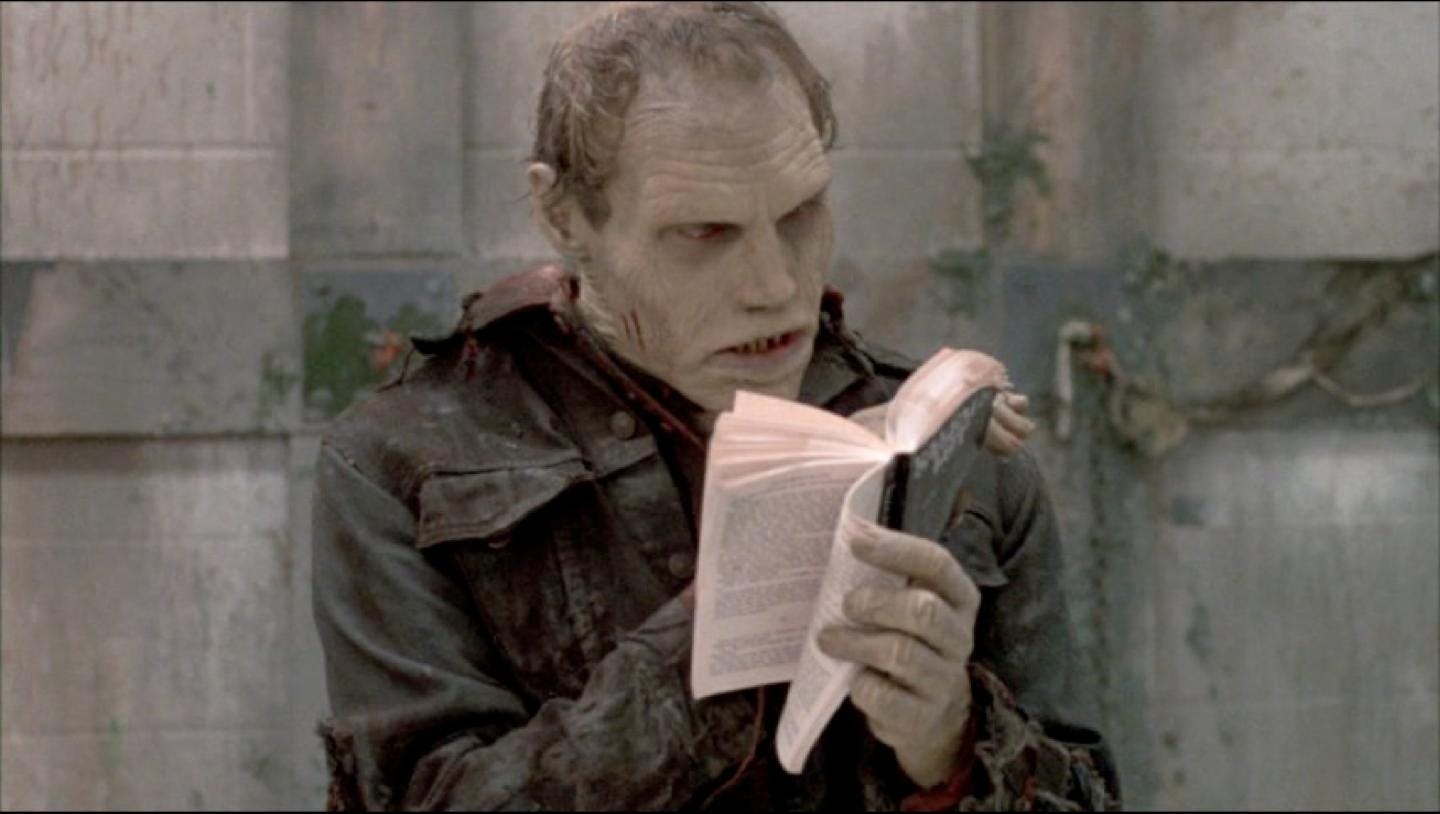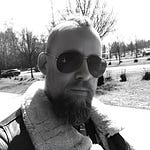In this episode my guest is Doctor Julie Reshe, author of Negative Psychoanalysis for the Living Dead: Philosophical Pessimism and the Death Drive, a major text that draws on the work of Sigmund Freud, Peter Wessel Zapffe and Alenka Zupančič, among others.
Content warning: This episode contains discussions of suicide and mental health crisis.
Reshe proposes a radically inverted model for psychoanalysis, criticising the ‘positively oriented’ bias of therapy culture in favour of a more realistic, pessimistic, and ultimately compassionate view of human suffering.
She’s written for Aeon, Sublation, 3AM Magazine and many other places, often with a dark, wry undercurrent of humour, and always unafraid to confront the darkness at the heart of human experience. Now, she’s launching a year long course on Negative Psychoanalysis through her Patreon, featuring guest lectures from people like Alfie Bown (Everyday Analysis), Todd McGowan and Eugene Thacker.
We discuss Mark Fisher’s view of mental suffering as ‘captured discontent’, my own experience with Cognitive and Dialectical Behavioural Therapy, and why it might be a problem to try and ‘fix’ people.
Reading recommendations
Julie Reshe’s excellent book is Negative Psychoanalysis for the Living Dead: Philosophical Pessimism and the Death Drive. You can access the whole text for free if you sign up for her course on Patreon. Her essay on depressive realism for Aeon was what led me to her work, we talked a little bit about that one on the show.
Julie’s spoken to lots of podcasters much smarter than me, so definitely explore her videos to learn about her ideas, and subscribe on YouTube for more. The first guest speaker on the new course was Alfie Bown (Everyday Analysis). Watch his talk below for free, expanding on thoughts from his book Post-Comedy.
Peter Wessel Zappfe’s pessimistic essay The Last Messiah was first published in 1933. His books are harder to find, but Wikipedia has some interesting links in the footnotes. I watched this video for a short introduction to his ideas, and intend to explore a little deeper.
Reshe traces the origin of the term ‘negative psychoanalysis’ to the work of American critic Russell Jacoby, in relation to his critiques of Theodor Adorno and Herbert Marcuse of the Frankfurt School (see here for an article defending Adorno in particular, from friend of the pod Mike Watson). Jacoby’s notable books include Social Amnesia: A Critique of Contemporary Psychology and The Repression of Psychoanalysis.
A few people and texts mentioned in this episode, we’ve encountered before. Sigmund Freud developed his thinking about the death drive in Beyond The Pleasure Principle. Mark Fisher discusses affective disorders as ‘captured discontent’ in Capitalist Realism: Is There No Alternative? In addition, Alenka Zupančič’s latest book is Disavowal, which is now in my to-read pile.
Where to start with Jacques Lacan? If you find out, let me know! I’ve now bought a copy of Žižek’s How to Read Lacan, but I confess I haven’t started that one yet - my knowledge of Lacan still comes mostly through Slavoj. Our friends over at Theory Underground produced this helpful ‘Lacan 101’ video as an introduction, perhaps that’s somewhere to begin.
For anyone who wants an explainer on the difference between CBT (Cognitive Behavioural Therapy) and DBT (Dialectical Behavioural Therapy), look over here. Back in 2021, Episode 8 of Strange Exiles was partly about my diagnosis with Borderline Personality Disorder, my treatment, and my ongoing recovery. The post contains resources for anyone who wants to explore DBT, or needs help with their mental health.
BPD is a ‘Cluster B’ disorder. There has been a lot of mileage generated by commentators across the left and right about how cluster B traits map on to political discourse, and tribal divisions within it. I tend to feel like this is a useful but rather gross oversimplification, and somewhat depends on myths about the irredeemability and incurability of Cluster B conditions and people. Perhaps the excellent Gurwinder Bhogal can convince you otherwise.
The Guardian pieces on the wellness industry that I mentioned covered the environmental impact of wellness products, and its problems with misinformation and hype. Check out Episode 17 of Strange Exiles, which also covers the wellness industry and toxic positivity.
I also mentioned my conversation with Cadell Last — we kicked around some related ideas about the high walls of the academic ivory tower, and how movements like Theory Underground and his own Philosophy Portal seek to build alternatives to that traditional framework.
If you enjoyed this episode’s psychoanalytic themes, consider checking out the latest episode of Theorize and be Damned with special guest Eliot Rosenstock, practicing therapist and author of Zizek in the Clinic. You can find that wherever you get your podcasts, or watch it on YouTube here.
I’ll be back with another show next month. Let me know in the comments what you thought of this one, and who you’d like to see on upcoming shows.
-Bram, Glasgow, November 2024
Support my work:
Explore my writing: linktr.ee/bramegieben
Read my book: linktr.ee/thedarkesttimeline
Follow @strangeexiles for updates on Instagram and Twitter















Share this post